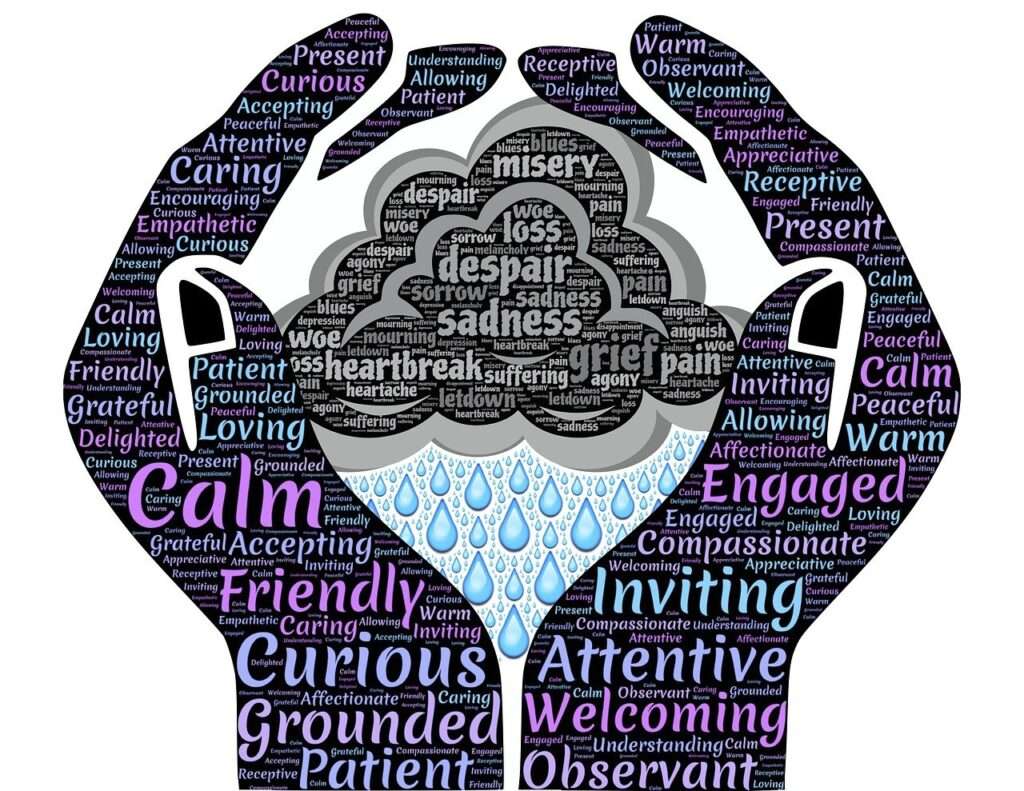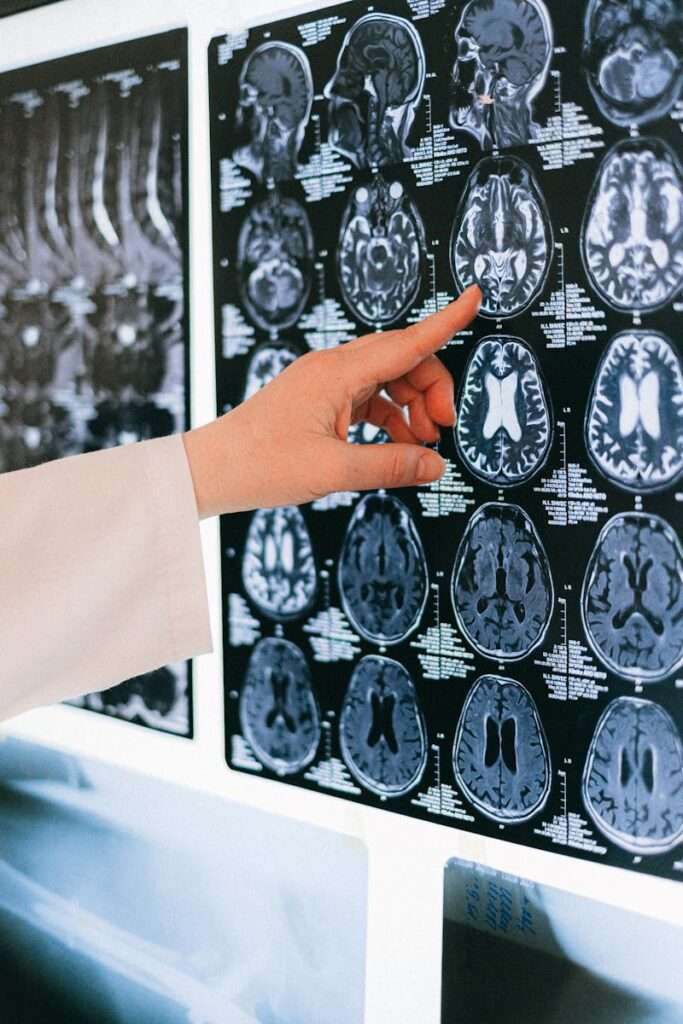Human psychology is a fascinating labyrinth of thoughts, emotions, behaviors, and motivations. If you’ve ever wondered why people do what they do (or why you sometimes make questionable decisions), welcome to the world of psychology. It’s like peeling an onion—layer after layer of complexity, with occasional tears.
This blog will walk you through the basics of human psychology, so buckle up. It’s a fun ride through the quirks and wonders of the human mind.

What Is Psychology, Anyway?
Let’s start with a simple definition: psychology is the scientific study of the mind and behavior. It explores how we think, feel, and act individually and in groups. Psychologists aim to understand what makes us tick and, ideally, how to help us tick better.
Fun Fact: The word psychology comes from the Greek psyche (soul or mind) and logos (study). So, psychology literally means “study of the soul.”
The Big Pillars of Psychology
Human psychology is a vast field, but we can break it down into a few key areas:
1. Cognitive Psychology
This branch studies how we think, learn, remember, and solve problems. It’s like the “inner workings” manual of your brain.
- Memory: Ever forgotten where you put your keys? Blame your working memory.
- Decision-Making: Why did you choose the overpriced latte? Cognitive biases may have nudged you.
Pro Tip: Understanding cognitive psychology can help you improve learning, productivity, and decision-making.
2. Behavioral Psychology
This area focuses on observable actions. Behavioral psychologists study how people respond to their environment and why they behave in certain ways.
- Classical Conditioning: Remember Pavlov and his drooling dogs? That’s a prime example.
- Operant Conditioning: Think rewards and punishments—like giving yourself a cookie for finishing a task.
Fun Insight: Many habits, good or bad, stem from behavioral conditioning.
3. Developmental Psychology
How do humans grow and change over their lifetimes? Developmental psychology covers it all, from infancy to old age.
- Childhood: Why do kids love asking “why?” (Spoiler: their brains are wired to explore.)
- Adolescence: Hormones, identity crises, and rebellion—need we say more?
- Adulthood: Navigating careers, relationships, and existential dread.
Key Thinker: Jean Piaget, known for his groundbreaking work on child development, said, “Play is the work of childhood.”

4. Social Psychology
Humans are social creatures, and this field studies how we interact with others.
- Group Behavior: Why do people act differently in crowds?
- Prejudice and Stereotyping: How do biases form, and how can we overcome them?
- Influence: Why did you buy that brand-name sweater? Social proof and peer pressure might be to blame.
Everyday Tip: Understanding social psychology can make you a better communicator and team player.
5. Personality Psychology
What makes you, you? Personality psychology dives into traits, characteristics, and quirks.
- The Big Five Traits:
- Openness
- Conscientiousness
- Extraversion
- Agreeableness
- Neuroticism
- Nature vs. Nurture: Are we born with our personalities, or do we develop them? (Hint: It’s a mix.)
Fun Exercise: Take a personality test and see where you fall on the Big Five spectrum.
6. Emotions and Motivation
Why do we feel happy, sad, or angry? And what drives us to chase goals? These questions are central to emotional and motivational psychology.
- Maslow’s Hierarchy of Needs: A pyramid of human motivation, from basic survival (food, water) to self-actualization (living your best life).
- Emotional Regulation: Learning how to handle emotions, so they don’t handle you.
Practical Tip: Recognizing your emotional triggers can help you respond instead of react.
The Brain-Behavior Connection
The brain is the command center of all psychological activity. Understanding how it works can help demystify human behavior.
- Neurotransmitters: Chemical messengers like dopamine (reward) and serotonin (mood).
- Limbic System: The brain’s emotional hub, responsible for fight-or-flight responses.
- Prefrontal Cortex: The “adult” of your brain, handling planning and self-control.
Quick Insight: Your brain can be rewired through experiences, a phenomenon called neuroplasticity. So, yes, you can teach an old dog new tricks.

Why Understanding Psychology Matters
Psychology isn’t just for therapists or researchers—it’s for everyone. Here’s why:
- Improves Relationships: Understanding why people act the way they do can help you empathize and connect better.
- Boosts Self-Awareness: Learning about psychological principles can help you understand your own behaviors and patterns.
- Enhances Problem-Solving: Knowledge of cognitive and emotional processes can lead to better decisions.
- Promotes Mental Health: Recognizing the signs of stress, anxiety, or depression can help you or others seek support.
Fun Challenge: Next time you’re in a heated debate, apply a little psychology—stay calm, acknowledge the other person’s emotions, and watch the magic unfold.
Wrapping Up
Human psychology is as complex as it is fascinating. While we’ve barely scratched the surface, understanding the basics can make life’s puzzles a little easier to solve. Whether you’re figuring out your own quirks or decoding someone else’s, psychology offers insights that can improve every aspect of your life.
So, next time you catch yourself overthinking a text or wondering why your coworker loves pineapple pizza (the audacity!), remember: it’s all in the mind. And now, you’re one step closer to understanding it.



